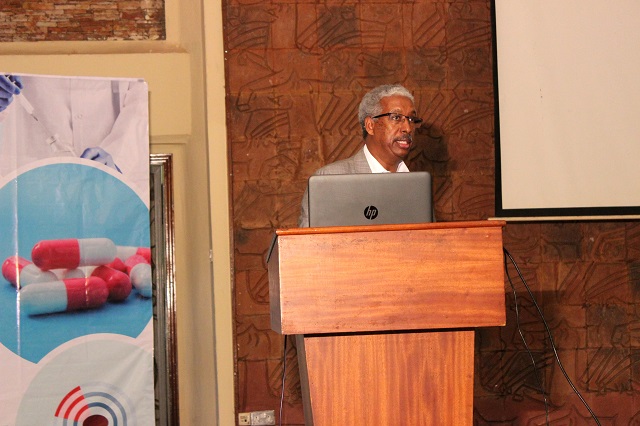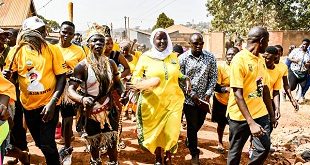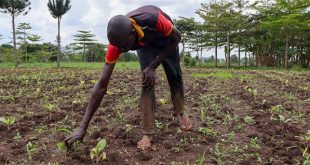
Kampala, Uganda | THE INDEPENDENT | The commitment by the COVAX facility to provide Uganda with over three million doses of the AstraZeneca vaccine in the first half of 2021 will be delayed, the World Health Organisation Uganda Country Representative Dr Tegnen Yonas Woldermariam said on Thursday.
Dr Tegnen told Journalists at the Ministry of Health offices in Kampala that the source for Uganda’s COVID-19 jab is the Serum Institute of India, yet the country recently announced halting vaccine exports to first, serve their domestic market. The institute, one of the world’s largest manufacturers of Coronavirus vaccines said its production capacity is very stressed.
So far, the Serum Institute has an agreement to supply 166 million doses to the Indian government, with another firm, Bharat Biotech, supplying 10 million doses. India also has licensing deals with the Russian Gamaleya Research Institute to produce 200 million doses of the Sputnik vaccine.
But the vaccine producers have raised concerns about their ability to meet their production targets and warned of raw material shortages affecting production, even for inoculating the Indian population, at a time when India is desperate for all the doses it can get. Reports indicate that infections are soaring in India, topping 50,000 new infections per day. The country has a population of 1.4 billion people.
Dr Tegnen said that over the last few days, there have been talks with the government of India and that the institute only guarantees to increase supply outside India in May or June.
So far, Uganda has only received 964,000 doses of the vaccine of which 100,000 doses were a donation from the government of India. From this consignment, the Ministry of Health confirms 144,025 have so far got their first jabs. The first lot of people who received the jab on March 10, were expected to receive their second and booster dose after eight weeks which will elapse in early May.
The number of people turning up for vaccination is anticipated to double in the coming days as Health Minister Jane Ruth Aceng reports a hike in uptake following the public vaccination of the first family on March, 27. Then, the ministry also opened up for the 50-year olds with up to three million Ugandans in this age group targeted.
Already the Ministry seems to be unaware of the actual and definite number of people so far vaccinated as they only go by the figures self-reported by districts and vaccine centres.
Dr Alfred Driwale who heads the Ministry’s immunization division acknowledges that some districts are not reporting and that the figure could be higher. He for instance told URN, that in the last few days a number of vaccines centres in Kampala have been vaccinating between 800 and 1,000 people per day citing the centre based at Makerere University Hospital being the leading in numbers.
He said Uganda resolved to cover as many people as possible with the first jab going against an earlier decision to keep some doses for those who would be ready for a second dose before the second consignment comes in. Experts say that the first dose only offers 76 per cent protection against mild disease, a reason as to why one needs a boaster for increased protection against severe infection and death.
The recommendation is to have a second dose eight to twelve weeks after the first jab but Tegnen says the second jab can be delayed for an additional eight weeks and it’s still safe.
*******
URN
 The Independent Uganda: You get the Truth we Pay the Price
The Independent Uganda: You get the Truth we Pay the Price



